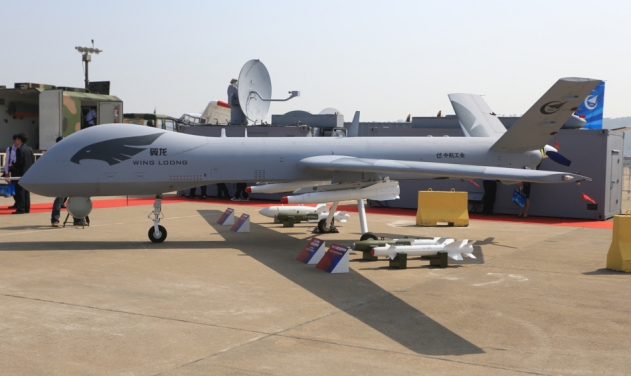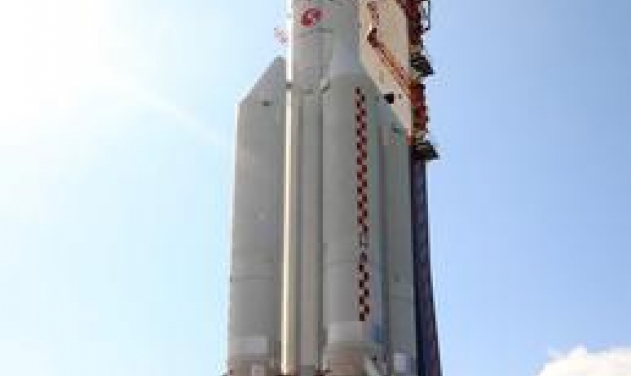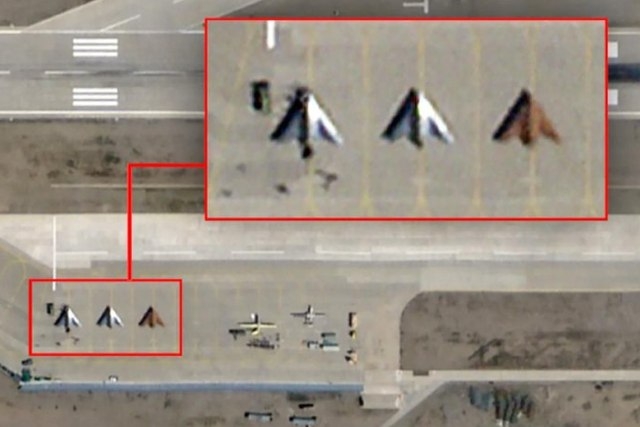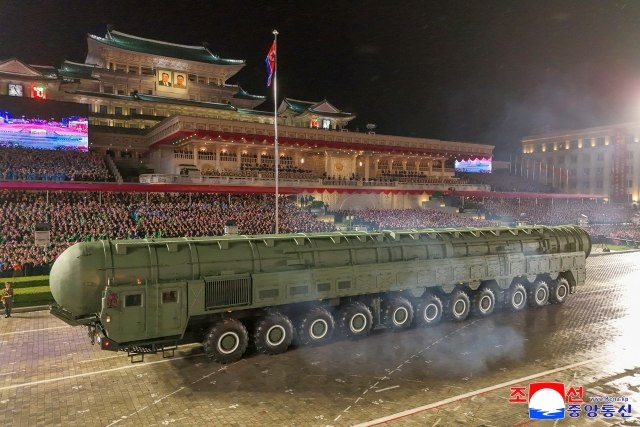China To Build Underwater Platform In South China Sea
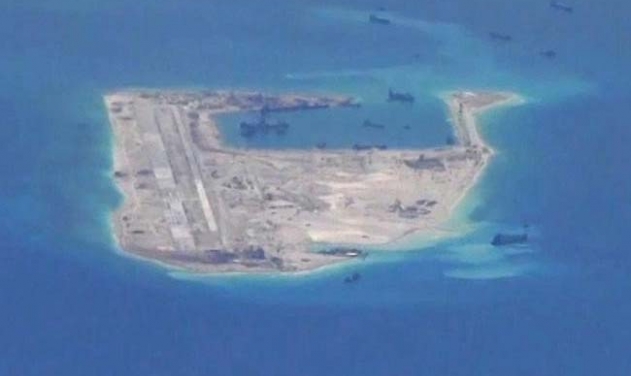
China has plans to build its first long-term underwater observation platform in resource-rich South China Sea, where it has territorial disputes with many south-east Asian countries including Malaysia, the Philippines and Vietnam.
The platform aims to observe underwater conditions in real time, The Global Times reported Monday.
"Construction work on the long-term observation platform covering key areas in the South China and East China seas will be done with the help of Shanghai's Tongji University and the Institute of Acoustics," Wang Pinxian, an academic at the Chinese Academy of Sciences (CAS) said.
Building the observation network indicates that China is actively joining the international competition, Wang told scientific forum in Shanghai last Saturday. However, Institute of Acoustics refused to reveal the exact location and further details of the researches on the platform.
China has maritime disputes in the South China Sea and East China Sea. The communist country claims almost all the waters, which carry a third of the world's maritime traffic and has huge amounts of oil and natural gas.
The waters are also claimed by the Philippines, Vietnam, Malaysia, Brunei and Taiwan. China also contests Japan's hold over the islands in the East China Sea.
The observation platform will probe the undersea physical, chemical, and geological dynamics, and will also be used for other purposes.
For an offshore drilling project led by Chinese scientists, 33 scientists from 13 countries including the US, France, Italy and Japan left Victoria Harbour in Hong Kong on February 7 for the South China Sea. The scientists have completed the first drilling task of the expedition to the South China Sea.
The first hole, identified as U1499A, has reached 3,770 meters below sea level, for collection of sediment samples, state-run Xinhua News Agency reported.
According to Sun Zhen of the Chinese Academy of Sciences, South China Sea Institute of Oceanology, chief scientist of the research expedition team, a preliminary lithologic study was conducted on sediment believed to have been formed eight million years ago.
The second drill, close to the first hole, has begun and is expected to gather information from the sediment core, Sun said.
Scientists will explore the lithosphere extension during the continental breakup, by drilling four sites to a depth of 3,000 to 4,000 meters in the northern area of the South China Sea.
A total of 66 scientists from 13 countries will participate in the expeditions, as part of the International Ocean Discovery Program.
